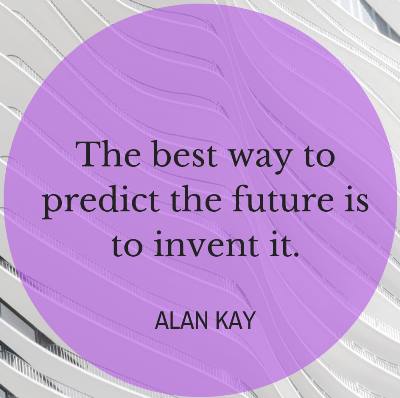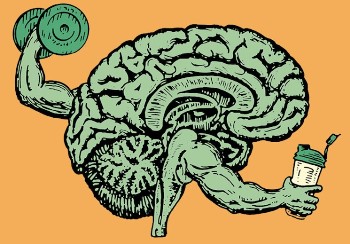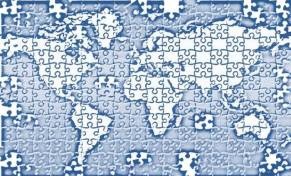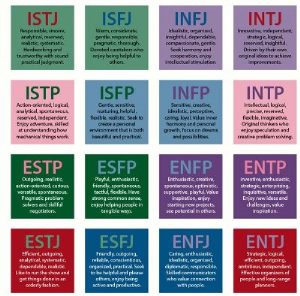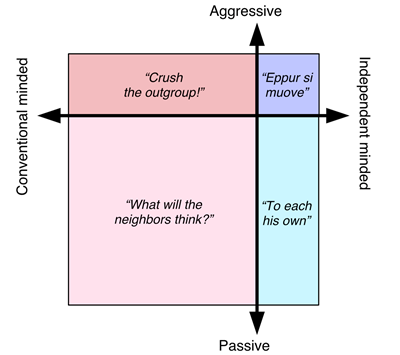In is quite interesting to note that the strong backlash against Facebook end 2018 / early 2019 has let down, while Facebook has not visibly changed its operating model. Articles from the time are still quite relevant such as for example: ‘Facebook must decide: Is it for the mob or for democracy?‘ or ‘Is It Wrong To Feel Bad For Facebook?‘.

It is increasingly clear that the revenue drive of social networks like Facebook is built on increasingly targeted advertising, and stickiness of the network itself to capture more attention for adds; and this, in turn, has the consequence of having the network show us what we’d like to see, creating relatively isolated communities of similar interest which sometimes lose touch with reality.
Still, it is amazing how the social network backlash has disappeared from front concern when the basics have not changed, people are still addicted to social networks, and the risk of manipulation linked for example to elections, has rather increased through AI generated content and the current possibility to target people at the individual level. Effective regulation has not really been implemented. So why don’t we hear so much about it now? Is that the result of effective lobbying? Is that because people have more pressing concerns? Is that because we resign ourselves to the situation?
I hope that the current debates about election manipulation will come up again around the US presidential elections, and that the subject will be tabled again to finally provide a strong regulation of social networks. We should not lose sight of the need to tackle this issue to protect democracy and our societies from excessive manipulation.



